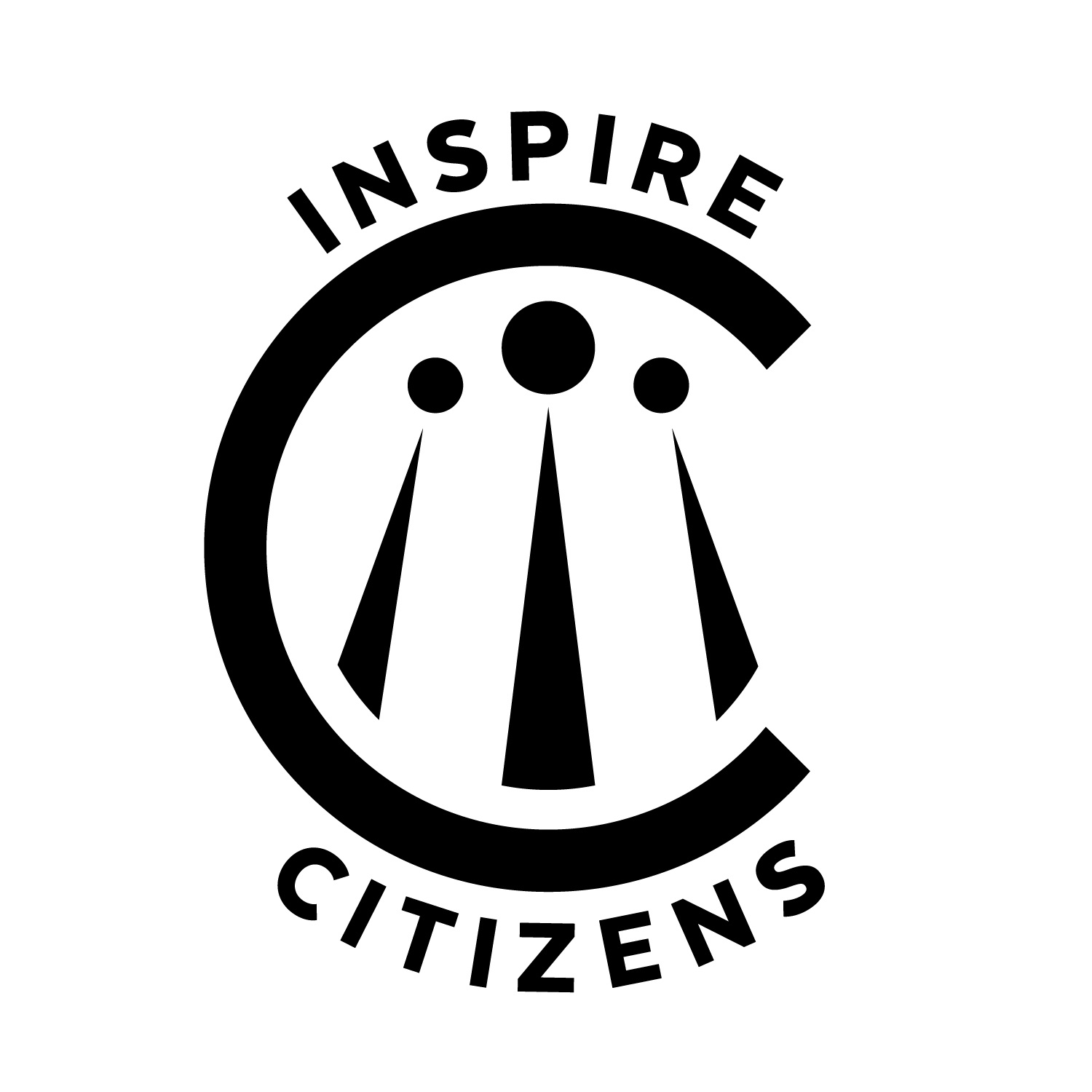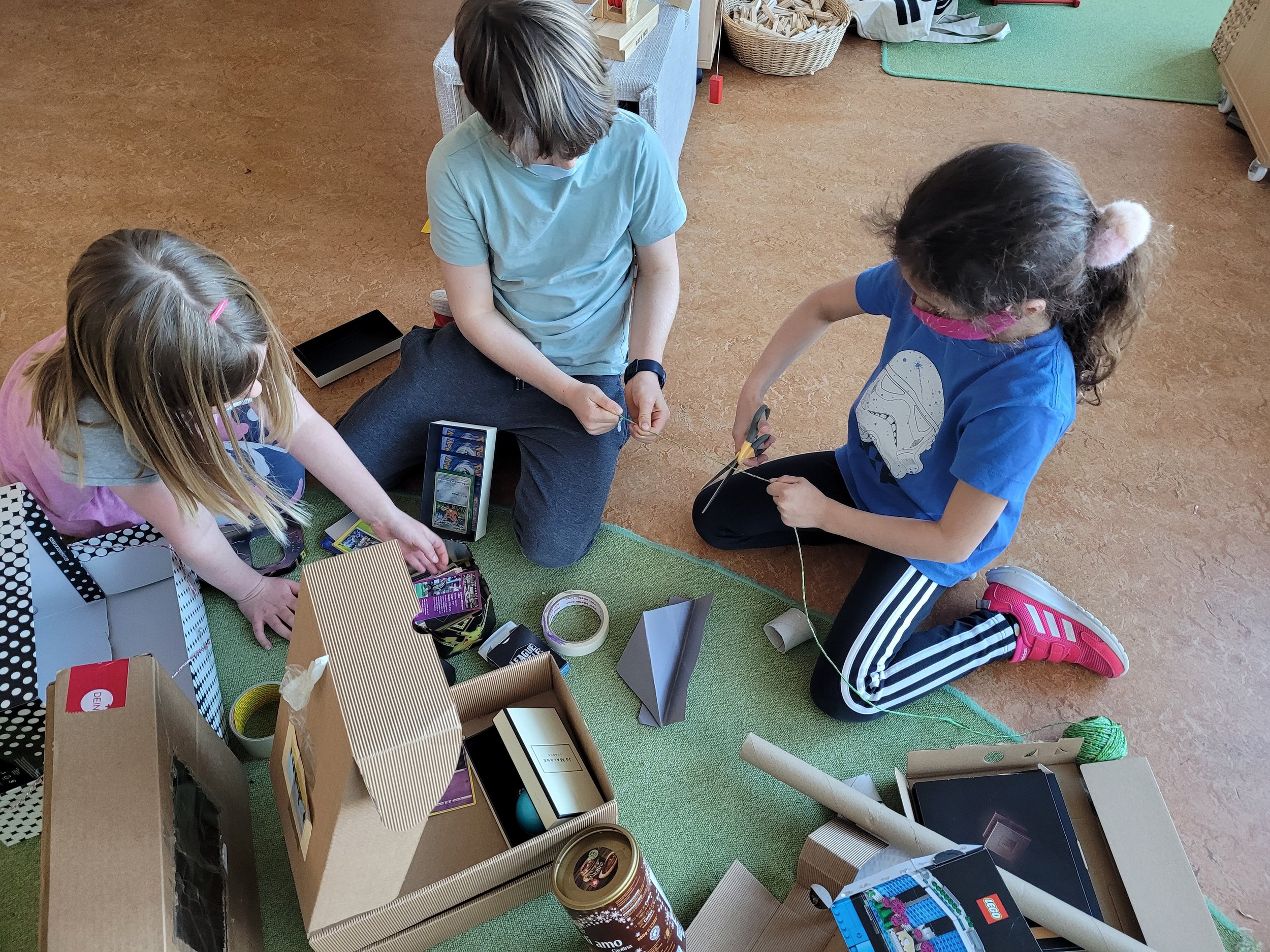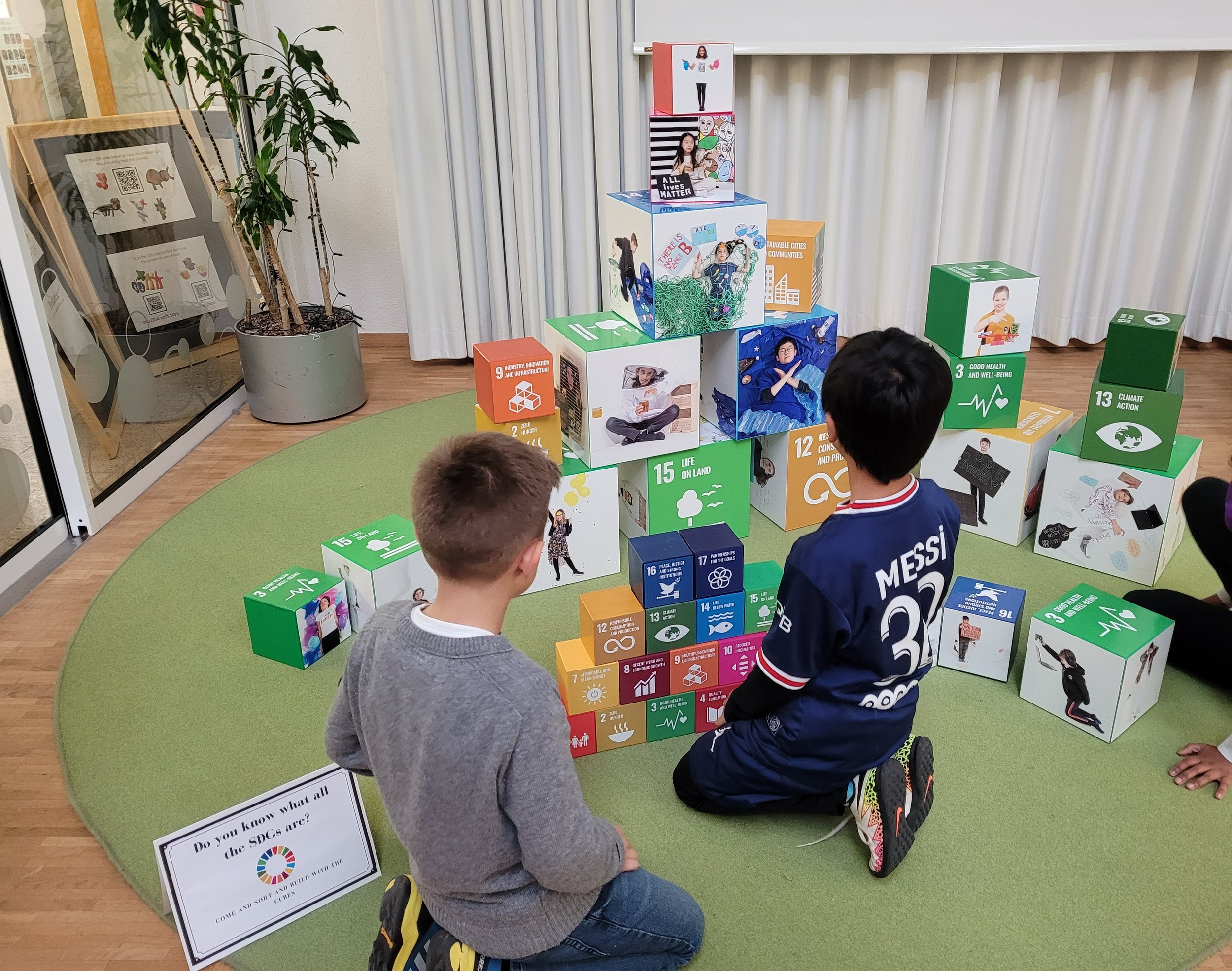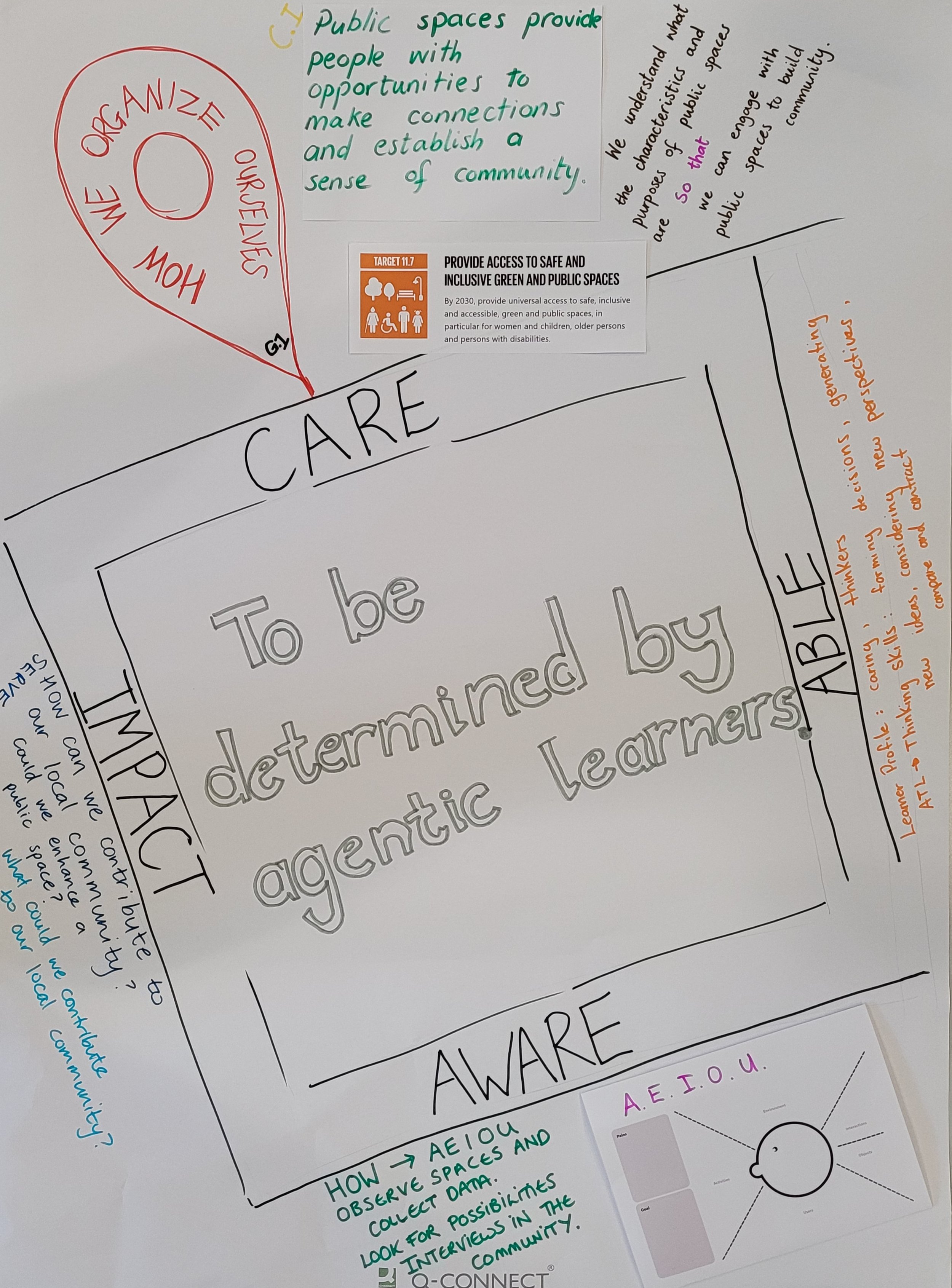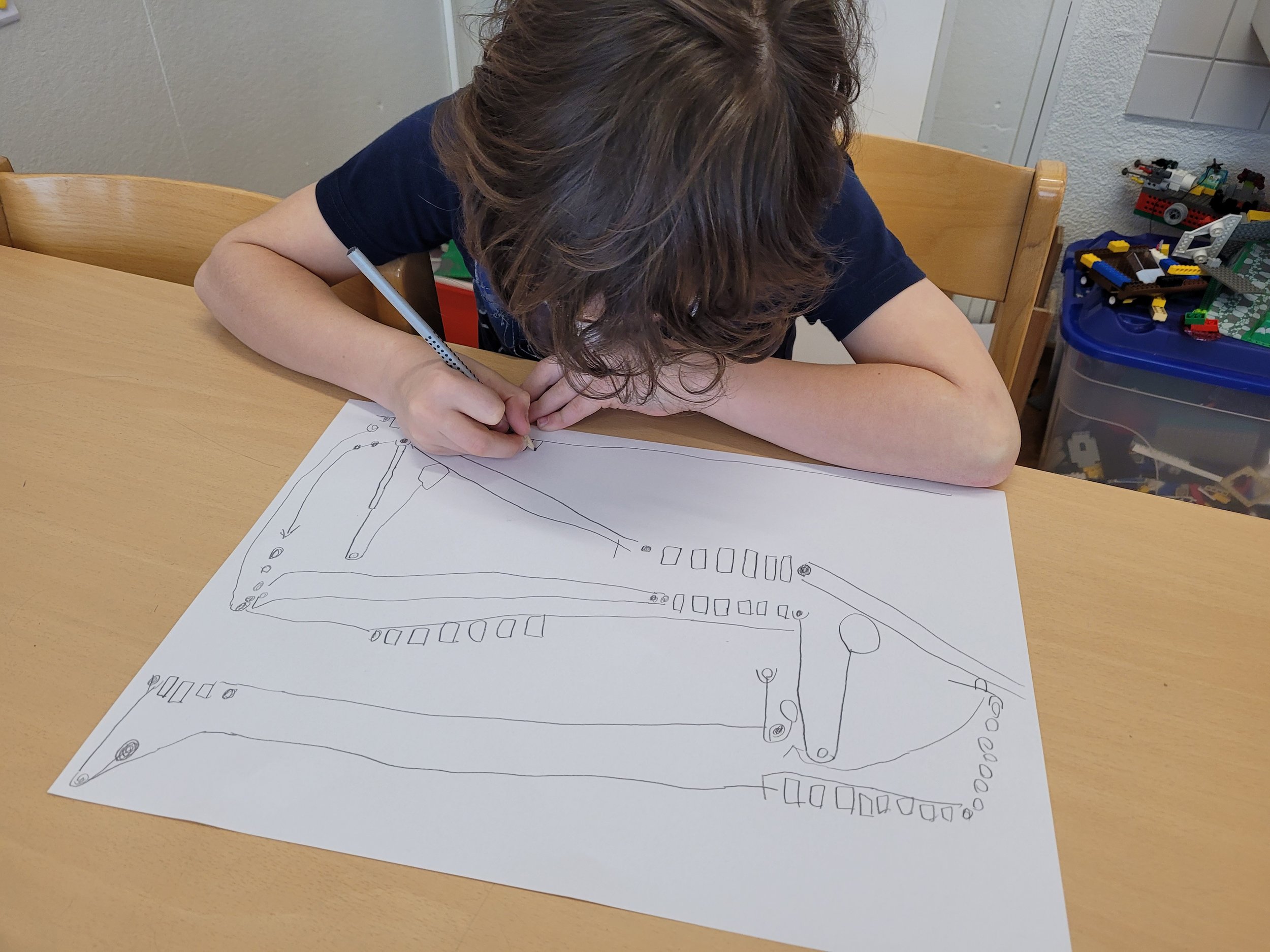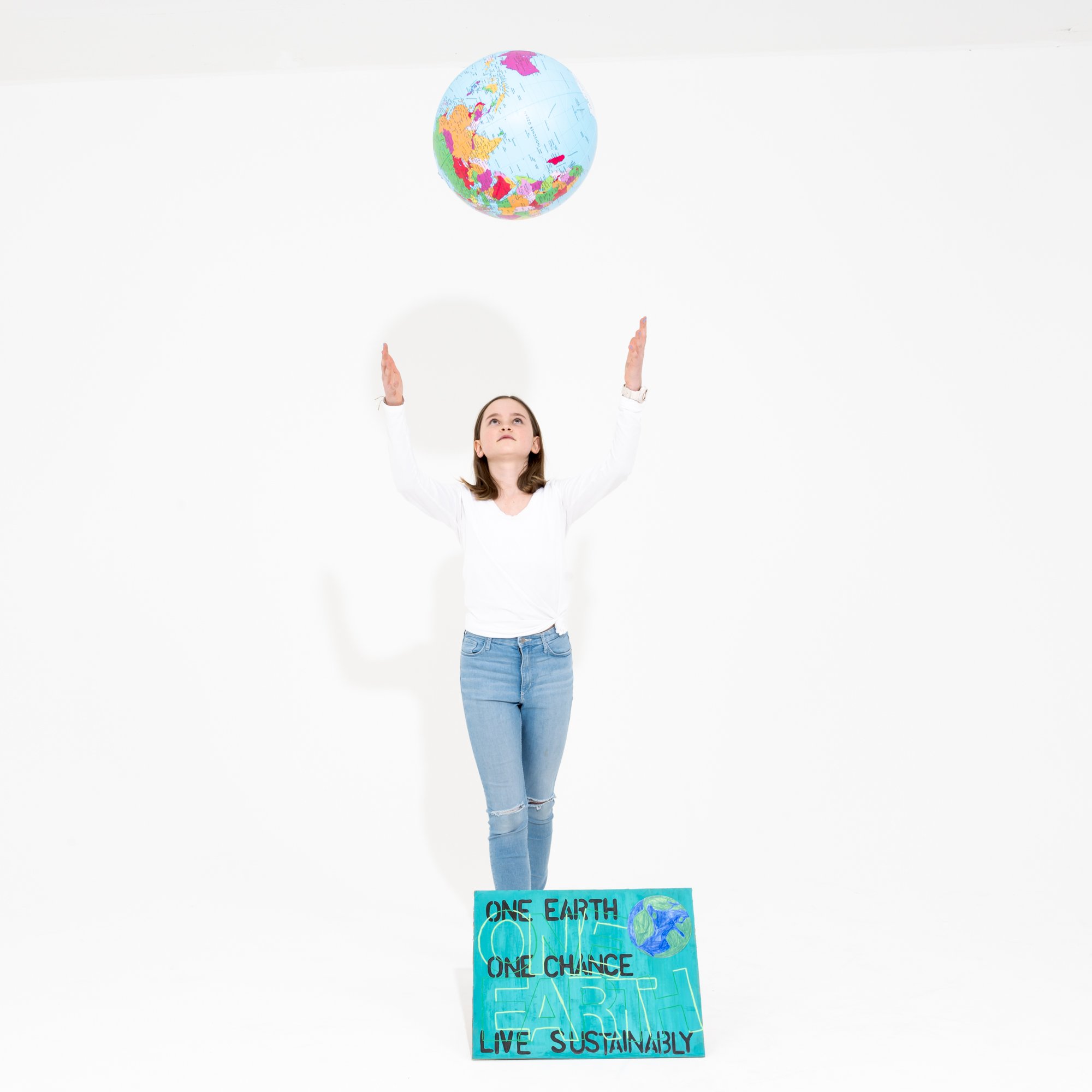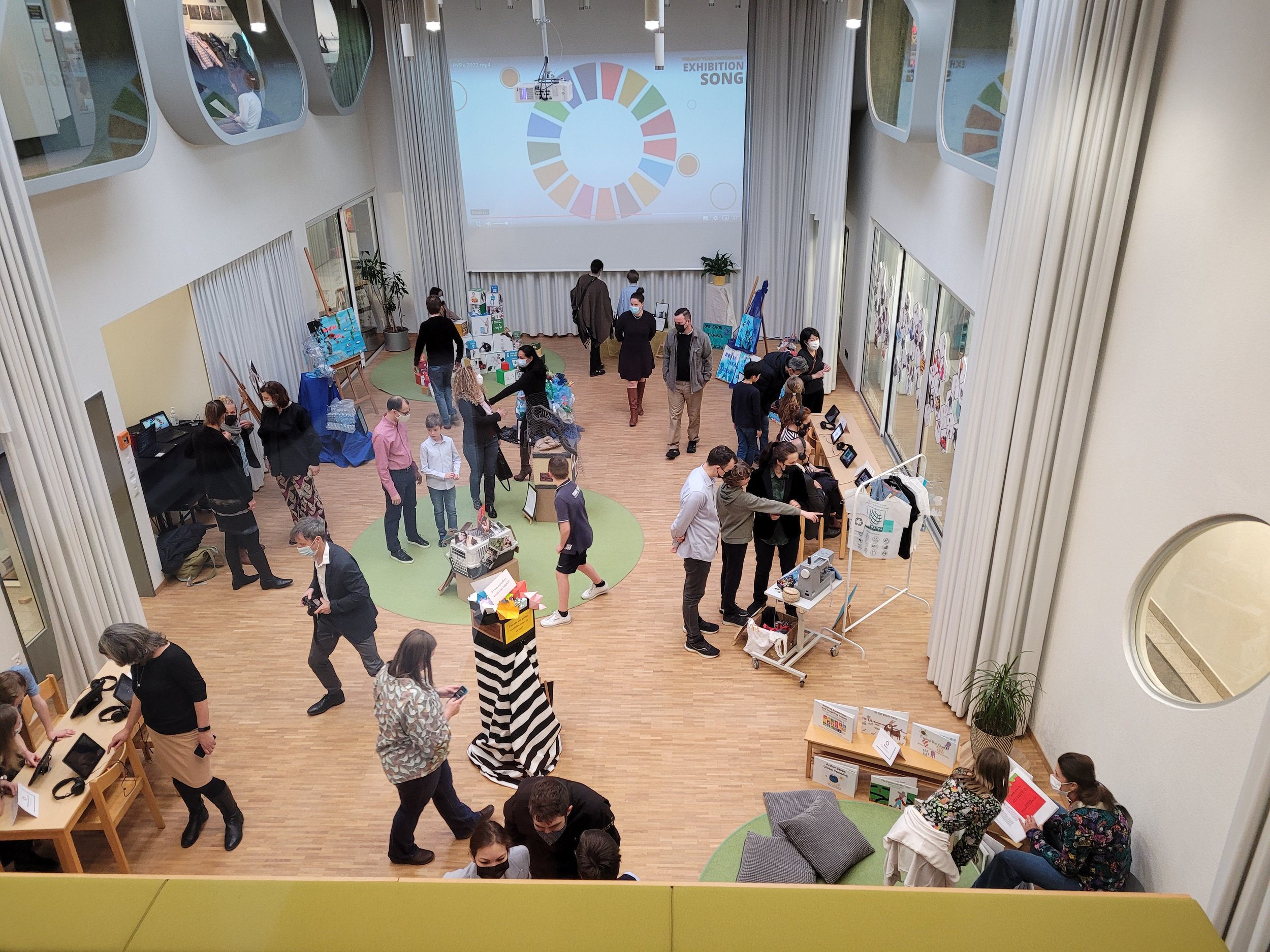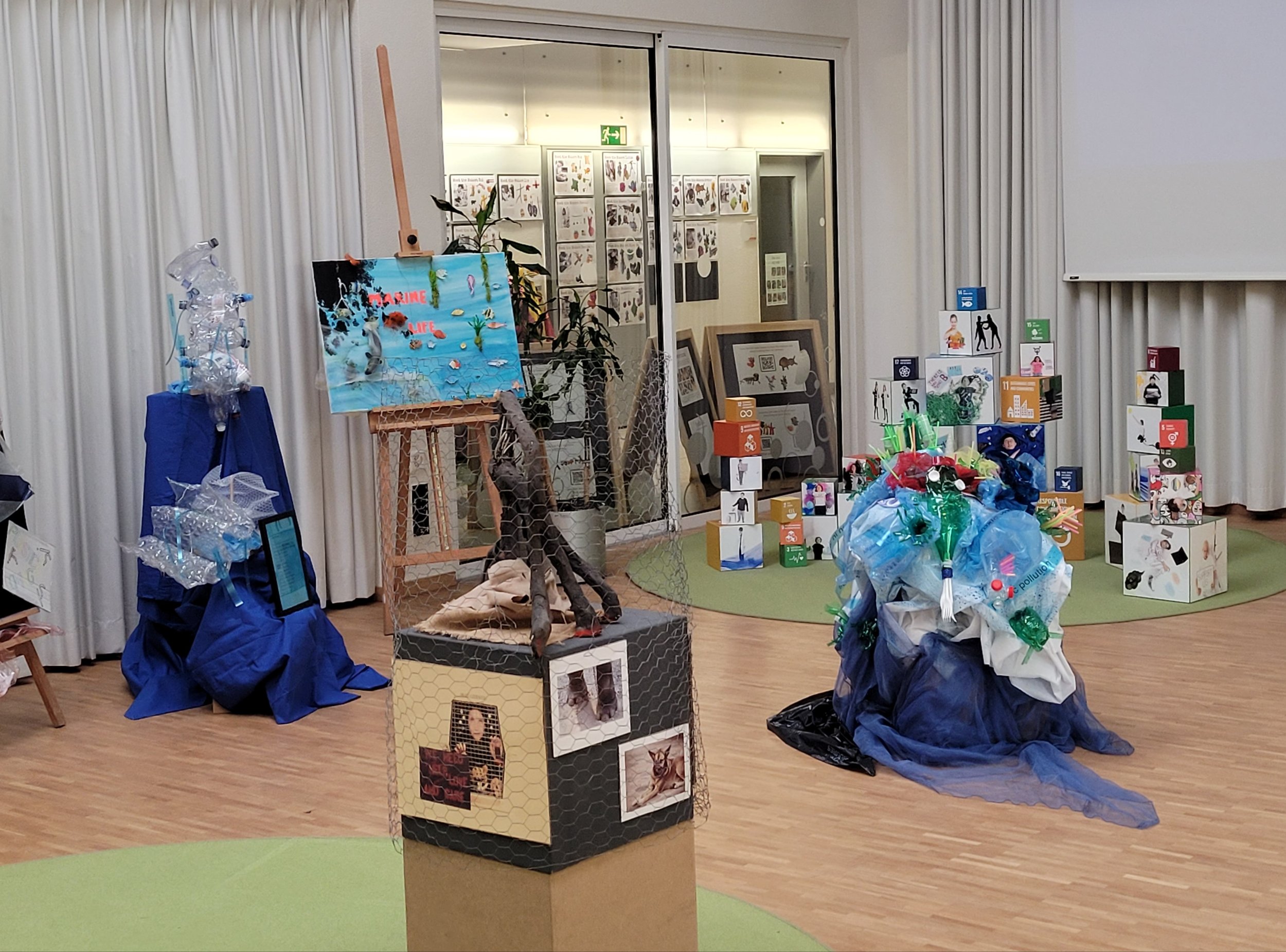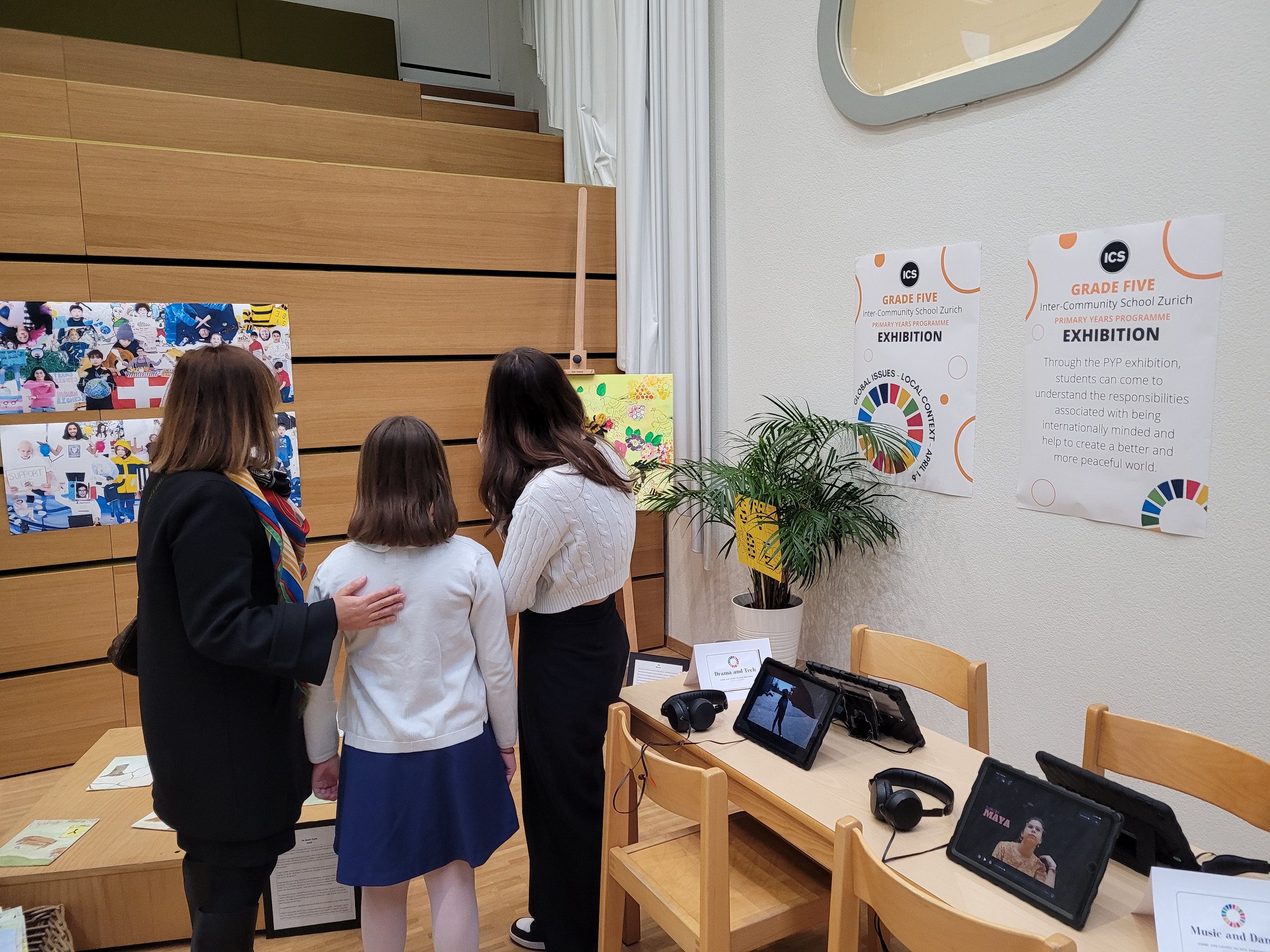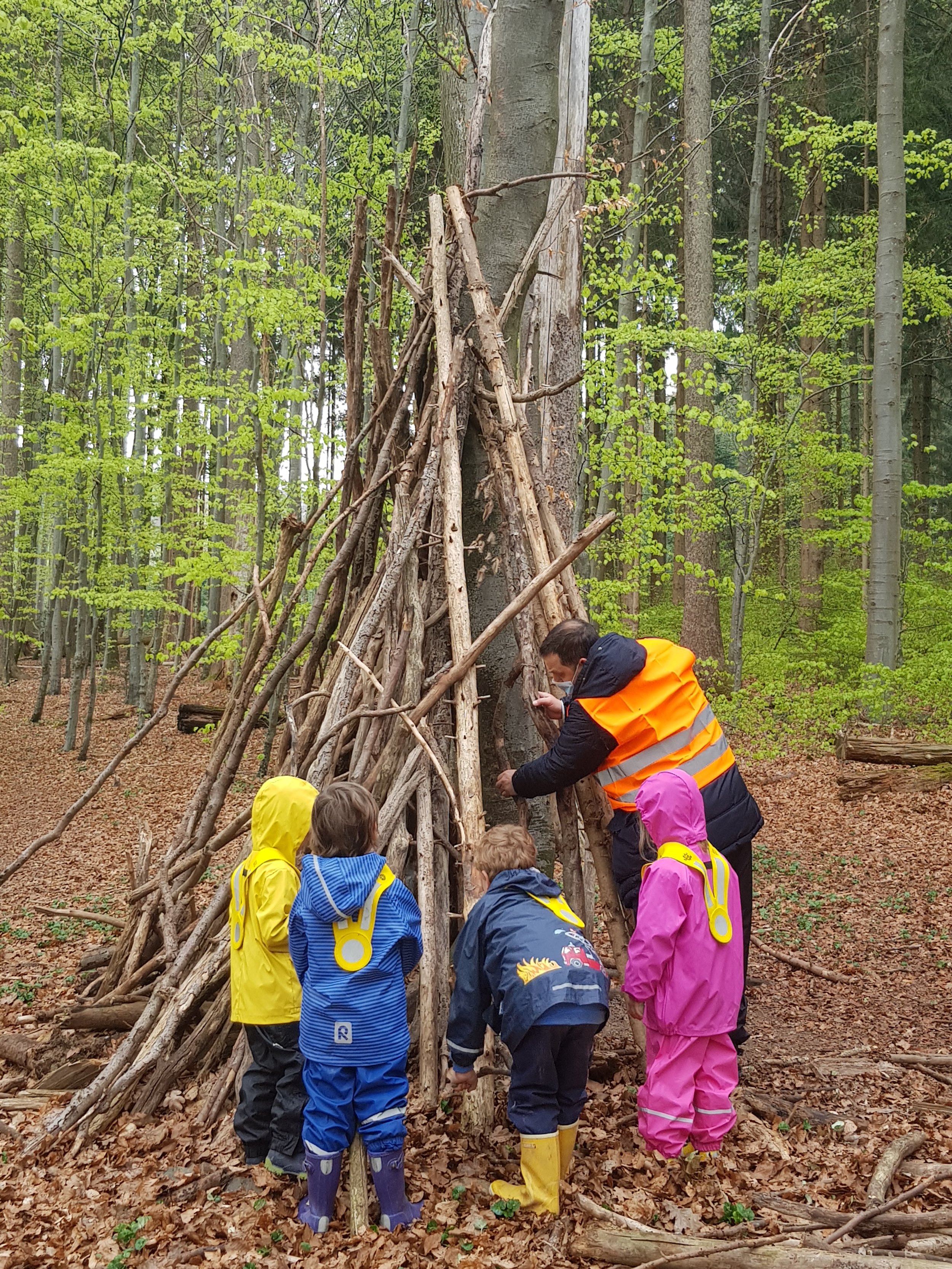A PYP Empathy to Impact Model
Grade 2 students at ICSZ engaging in a learning activity for the unit “How the World Works”.
If you could walk through the doors of the Primary School at the Inter-Community School Zurich (ICSZ), you would find yourself in an atmosphere of creativity, inquiry and innovation. This is a place where leaders and educators care deeply about students and cultivating a sense of wonder of the world.
This makes ICSZ, a long-standing International Baccalaureate (IB) Primary Years Program (PYP) school, the perfect place to find Inspire Citizens’ ideas percolating and growing.
Nat Atherton is the Primary Principal at ICSZ and he is passionate about the learning experiences of his primary students.
“We try and open up ways for our students to engage with the community as much as we can,” explains Nat. “We have a fantastic agreement with our ICS parents where students can go out into the local environment at any time. So we have classes visiting the grocery store, the post office, the fire hall, and the forest, pond and research garden on our campus. Teachers take advantage of community connections and possibilities all the time.”
This sense of community connection and engagement is a key component of mindsets for authentic service learning and global citizenship education, both of which align with the IB’s mission and vision for education.
“In our mission statement, key words are potential, passion and responsibility,” says Nat. “The word ‘responsibility’ is really important to us when we think about service and action; we are trying to be very intentional, to become a school where this is a flagship element that defines us.”
Grade 5 students learn about the UN Sustainable Development Goals.
Claire Febrey, the ICSZ Curriculum Coordinator, agrees.
“We really try to act locally, identifying the relevance of our units of study and taking a close look at advocacy, lifestyle and sustainability,” she says.
Before coming to ICSZ, Nat worked at the Western Academy of Beijing (WAB). He met Inspire Citizens (IC) co-founders Scott and Aaron, along with IC facilitator Scott Jamieson, while they were working with WAB colleagues. When he arrived at ICSZ and began exploring next steps for community engagement and action, he knew who to call.
“Several ICS teachers, including me and Claire, did a Harvard think tank about global education, and Aaron was also in the course,” remembers Nat. “We explored the action component of service learning and as I listened to the conversations our ICS teachers were having, I knew Inspire Citizens could be a support.”
In the 2020/21 school year, Inspire Citizens led a one-day in-service event about their Empathy to Impact model. Claire worked with teachers to identify units they might want to redesign based on Empathy to Impact, and teachers were grouped in a transdisciplinary way around those units.
“The teachers weren’t rewriting units but working with existing units and enhancing them,” explains Claire. “They evaluated the relevance of the units, and they assessed the learning engagements as a way to begin redesigning the units with a deeper focus on the PYP Approaches to Learning.”
In the PYP program, five Approaches to Learning (ATLs) guide instruction and learning to help students develop as autonomous, inter-disciplinary thinkers and learners. They include:
Thinking skills
Research skills
Communication skills
Social skills
Self-management skills
“In the Primary School, many units were well-established and we wanted to evaluate the purpose of the learning,” says Claire. “Using aspects of Empathy to Impact dramatically changed some units.”
An example is a grade 2 science unit called “How the World Works”. The focus of the unit is on forces and energy, and how people use their understanding of force to invent and create. In the past, students designed and built simple mechanisms using force as a summative demonstration of learning. After redesigning the unit with Steve and Aaron’s help, students did the same thing but with this additional detail: “design and build a simple mechanism using force to make your world a better place.”
“This made all the difference!” exclaims Claire. “Instead of designing something random, there was now purpose involved.”
In grade 1, students explored public spaces and the United Nations’ Sustainable Development Goal #11 (Sustainable Cities and Communities); they spent time in the community and made connections about how communities come together.
In a primary social studies unit, students collaborated with the visual arts team and took action by creating sculptures for the community. They displayed their sculptures in the main city square and then evaluated how people were responding to their art by interviewing community members.
“This is what Steve and Aaron do so well,” reflects Claire. “Their tools and resources are hands-on and applicable for both teachers and students.”
The grade 4 and 5 teams at ICSZ changed the order of their units after working with Steve and Aaron to connect with the Sustainable Development Goals and improve approaches to the PYP Exhibition, a culminating, collaborative learning experience for grade 5 students completing the PYP program.
“At our school there is a lot of natural enthusiasm around these topics,” says Nat. “PYP educators particularly want to create a more humane, just and healthy world, and a lot of the work we’re doing with Inspire Citizens speaks to why teachers are engaged with this work overall. The teachers have been excited to get going with this and have worked on more units than just the core unit we asked them to re-evaluate. Our pre-school teachers really loved the Harmony with Nature resources that Inspire Citizens shared; they go to the forest once a week and this lens was great to add to their year-long unit about changes in the natural environment.”
Primary educators at ICSZ will continue working with the Inspire Citizens team next year, and the middle and secondary school teachers may begin to explore Empathy to Impact connections, too.
“We’re excited that Steve will be on campus with us in two settings next year, and also that we’ll be able to partner to host a regional workshop with Inspire Citizens and Chapters International in January (2023),” says Nat.
Nat summarizes the value of the ISCZ/IC partnership this way: “When great unit planning is happening at a school, everyone feels the positive effects, especially the students.”
The ICSZ story is another great example of the type of partnerships that Inspire Citizens grows with its partner schools.
Images, clockwise from top left: Grade 1 Empathy to Impact planning, a Grade 2 student sketching during a learning activity, a poster for the Grade 5 PYP Exhibition, preschool students learning outside, another poster for the Grade 5 PYP Exhibition, presentations at the Exhibition
